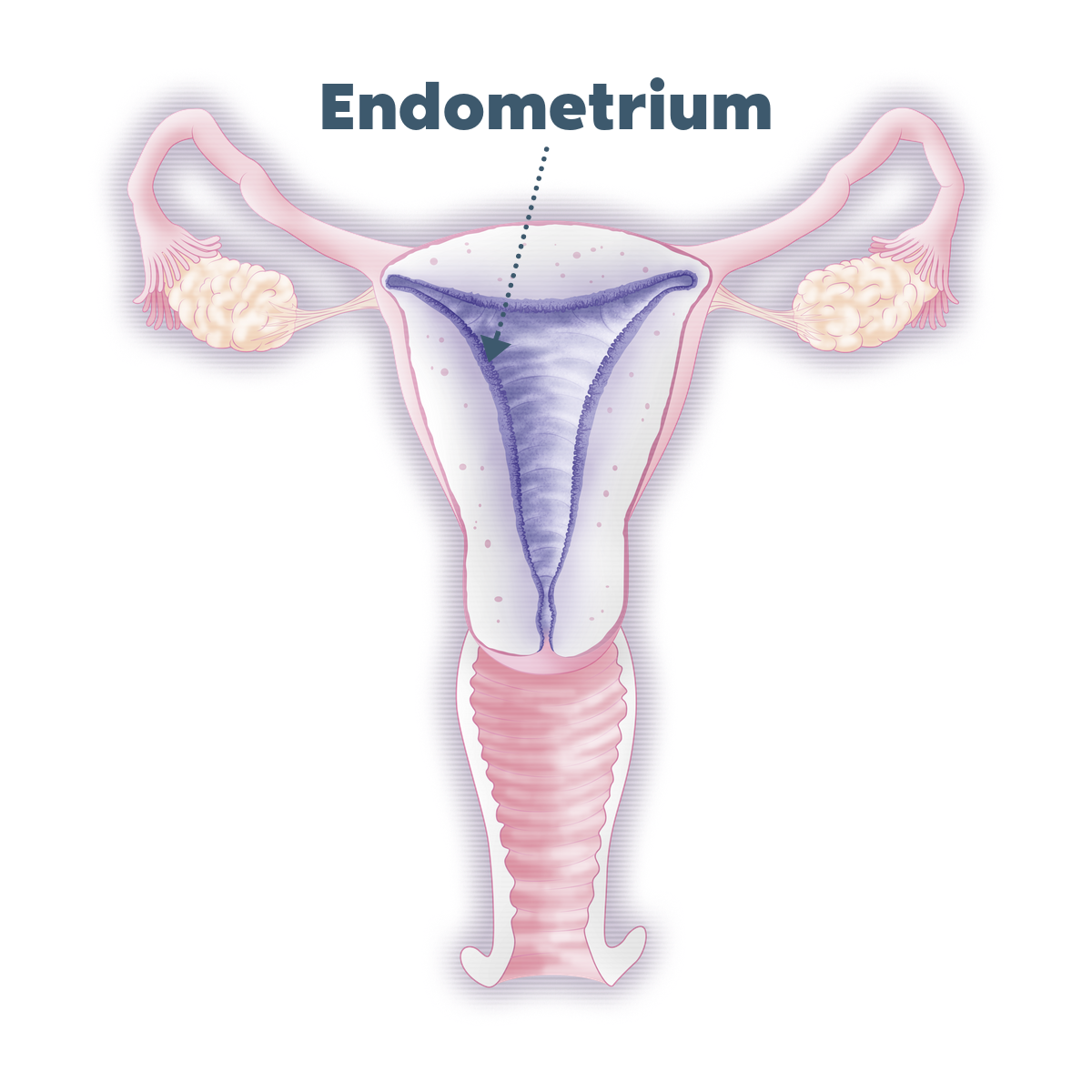labneticspakistan.com
Llabnetics Pakistan
ALICE Analysis of Infectious Chronic Endometritis
Detects the bacteria causing chronic endometritis to improve your reproductive success

20% of infertility is caused by the endometrial factor.

Endometritis causes endometrial inflammation, with no visible symptoms in most cases.

Chronic endometritis affects up to 30% of infertile patients.
Many IVF cycles result in implantation failure, with the transferring of good-quality embryos. Although a good-quality embryo is the best starting point, the embryo also needs to be transferred to a receptive endometrium.
What is the endometrium?
> Endometrium is a tissue lining the interior of the uterus where the embryo implants and resides during pregnancy.
> Each month the endometrium prepares for the arrival of an embryo. When this does not occur, menstruation begins.
> A healthy endometrium is rich in healthy bacteria: the endometrial flora.

Why does the endometrium matter?
Problems with the endometrial lining are one of the leading causes of infertility in women.
What is Chronic Endometritis?
Chronic Endometritis is a persistent inflammation of the endometrial lining caused by the infection of the uterine cavity mainly by bacterial pathogens that cannot be identified using conventional methods.
What is ALICE Test?
ALICE (Analysis of Infectious Chronic Endometritis) detects the bacteria causing chronic endometritis and recommends adequate treatment.
Why use ALICE?
ALICE provides accurate information, leading to a successful treatment, improving the patient’s reproductive outcome
> If ALICE test is positive, the report will focus on the detection of the specific bacteria causing the condition.
> A recommendation of the most appropriate antibiotic is made based on the bacteria detected.
Is ALICE for you?
This test is recommended if:
> ALICE is an alternative for women with infertility or who have suffered recurrent implantation failure or repeat abortion, to promote reproductive success.
> You are undergoing assisted reproduction treatment
